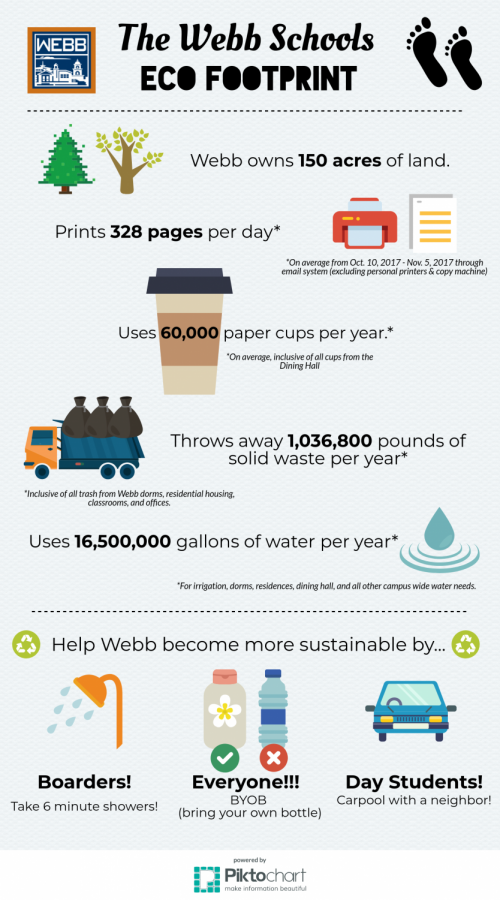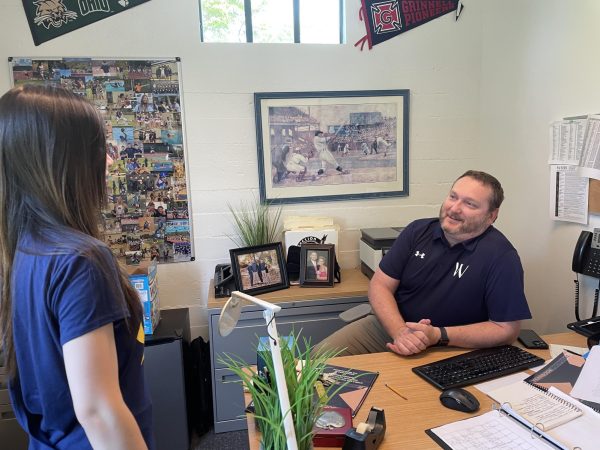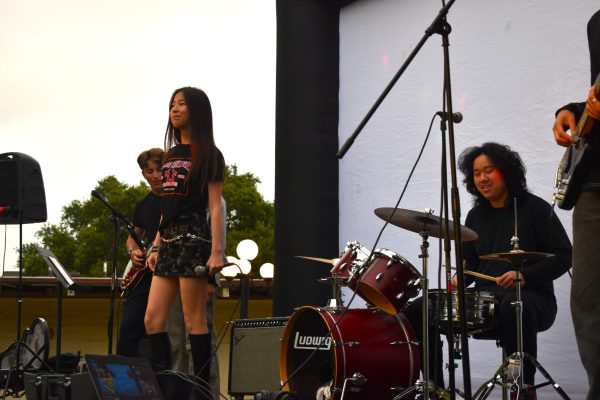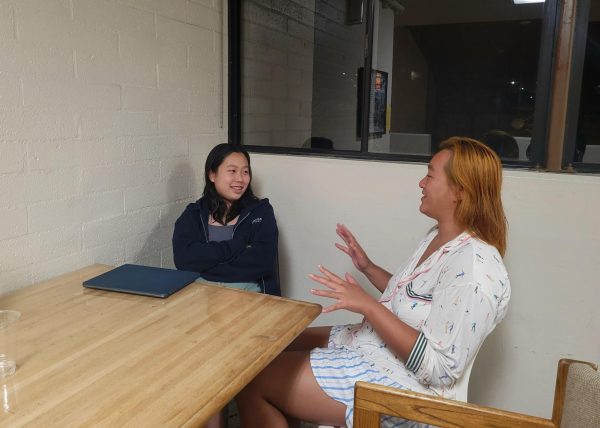Webb’s eco footprint
Information Courtesy of Mr. Kevin Doyle
Nestled in the base of the Claremont foothill mountain range, The Webb Schools is a forty-five minute drive from the center of Los Angeles. Our school is comprised of one hundred fifty acres of land, most of which has remained untouched by construction with no plans for future development. However, in spite of Webb’s green location, we have considerable room for improvement in regards to becoming a more sustainable school.
Sustainability is a word we often hear, yet rarely make substantial efforts to improve. For example, students and faculty members print an average of three hundred twenty-eight pages a day through the school email system alone. This statistic is shocking enough, yet excludes the paper used to power personal printers and copy machines.
Students are required to bring their own laptop to class. This device serves many purpose; it allows students to take notes more efficiently, turn in assignments through Dropbox without printing, and type up lab reports and essays for a smoother editing process. However, along with typing up assignments, many teachers also require students to submit hard copies for their personal grading convenience.
Many students utilize technology in their courses to complete assignments on a day-to-day basis. Emma Lin (‘20) uses an online PDF annotator to save paper while completing humanities coursework. When asked why she chooses to e-annotate, she said, “My DC’s made a rule that if we have to print anything longer than ten pages, we can’t use the dorm printer. For my American Idea class especially, I’m required to annotate texts longer than ten pages. E-annotating is definitely more tedious than annotating on paper, but I help the environment while following the rules of the dorm.”
Another huge sustainability factor is electricity and water consumption in the dorms. Adults on-duty have the power to give ‘energy conservation’ work crews to boarders who fail to turn off their lights and fan before leaving their room. Linda Wu (‘19), a Dorm Counselor in Appleby, elaborated on her personal experience receiving this type of work crew. “As a freshman, I remember getting an energy conservation work crew from my OD for taking a twenty minute shower. At the time, I was kind of mad… but now I realize it was for my best interest to teach me to become more environmentally-conscious.”
At the dining hall, students are given the option of either dining in or taking their food to-go. Kara Sun (‘20) prefers to bring her food back to her dorm with paper plates instead of eating at the dining hall with reusable dishes and cutlery. When asked about whether she ever considered the long-term environmental effects of using ten paper plates per school week, she said, “No, not really. I grab a paper plate and plastic utensils every lunch and dinner because I don’t really want to talk to people and would rather relax and watch The Office.” Many Webb students share a similar mindset, choosing paper plates for the convenience of catching up on last minute homework assignments in South Hutch lounge or in the comfort of their dorm rooms.
On the other hand, Rebecca Hoffing (‘21), prefers to eat lunch at the Dining Hall. When prompted with the same question, she offered an interesting insight. “There is a plus side and a downside to using both paper and reusable plates. There are so many people who eat at the dining hall, and for the staff, this means there are a lot of dishes to wash, requiring a lot of water usage. For grab-and-go plates and cutlery, the downside is that it creates a lot of paper and plastic waste, but the plus side is that you can take your food outside of the Dining Hall.”
WSC students, Nick Battistelli (‘18) and Cayden Lazier (‘20), both agree with Rebecca that students tend to use dining hall plates more often than paper plates. Nick said, “Yeah, it’s much easier to just grab a paper plate and go, but in terms of what I do most often, I usually choose the reusable plates and just eat in the dining hall.”
If every member of the Webb community could maintain a low environmental impact, we could collectively make a positive contribution to global sustainability. Whether it be taking quicker showers or carpooling to school with a friend, please join Webb’s efforts in reducing our school-wide eco-footprint!

Imagine being Editor-in-Chief for the Webb Canyon Chronicle, VWS all-school president, co-captain of the varsity tennis and water polo teams, and a big-time...







